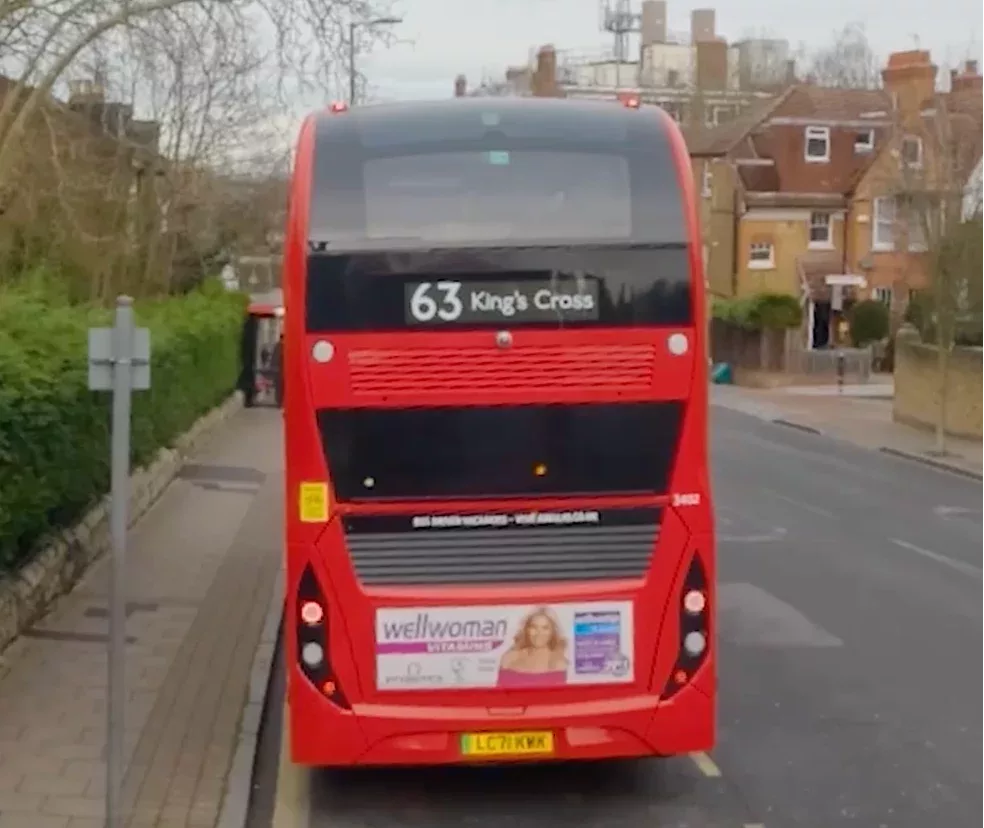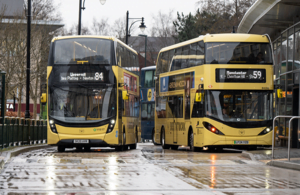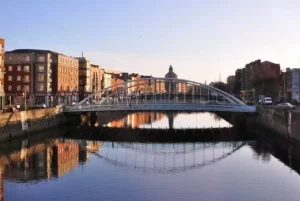Labour has urged the government to ‘come clean’ on bus funding as operators prepare to cut services as early as this week.
Almost one in three services are at risk, the industry and local authorities have warned, with the Treasury refusing to confirm if it will continue grant funding to support operators whose bus revenues have yet to recover to pre-pandemic levels, reports the Guardian
The financial lifeline will otherwise expire on 5 April, meaning many operators – who normally must give six weeks’ notice to close a route – will decide this week which services remain viable.
Labour’s shadow transport secretary, Louise Haigh, said the situation could prove “devastating for the millions who depend on buses”, and called on the government to avert a looming crisis.
In a letter to the transport secretary, Grant Shapps, Haigh said routes could be axed just as passenger numbers begin to recover, “locking in declining services for years to come”.
She said Shapps should “come clean on wider long-term funding cuts” for the Bus Back Better strategy announced last year by Boris Johnson, which included £3bn to transform buses.
The improvement fund has been reduced to just over £1.2bn, with the government counting emergency support grants to the industry as part of the total figure, said the Guardian report.
Authorities around the country have warned of cuts. Greater Manchester councillors said on Friday evening, after talks with local operators, that they expected to see a widescale reduction in bus frequencies and about 30 routes withdrawn. They warned communities would be cut off, with a “very significant impact on our economic recovery”.
The Confederation of Passenger Transport, which represents operators, said the situation was urgent: “There’s no still clarity on funding from the Treasury, and up to 30% of services face being cut.”
The Campaign for Better Transport said hundreds of routes were in danger of disappearing for good. Its chief executive, Paul Tuohy, told the Guardian: “The government can’t ignore the situation any longer, it must extend its recovery funding or face the economic, social and environmental impacts.”
Buses are at particular risk in city regions with fixed public transport costs, such as Manchester’s Metrolink, and in Tyne and Wear where funding for the Metro rail service is required. Tyne and Wear’s transport authority has estimated 10% to 17% of its bus network will be taken out.
The West Midlands has also warned that services are at risk, and the Conservative mayor of the region, Andy Street, joined with other metro mayors to appeal for continued funding.
Regions were encouraged by the government last year to draw up detailed plans for transformational improvement schemes, under the strategy set out by Johnson, but reduced funding means many are set to lose out.
A Department for Transport spokesperson said: “We have provided over £1.7bn to keep bus services running across the country throughout the pandemic, and are working closely with operators and local transport authorities to protect services after April.”https://www.theguardian.com/email/form/plaintone/business-todaySign up to the daily Business Today email
The spokesperson said the government had committed to investing £3bn into bus services by 2025, “including £1.2bn to improve fares, services and infrastructure, and a further £525m for zero-emission buses”.
Bus services in London are under pressure after Transport for London and the government failed to agree a new funding settlement, with a short-term Covid deal expiring last Friday night.
The DfT said talks were ongoing and services would not be affected immediately. The spokesperson said: “We have repeatedly shown our commitment to supporting London’s transport network throughout the pandemic, providing over £4.5bn in emergency funding.”





















